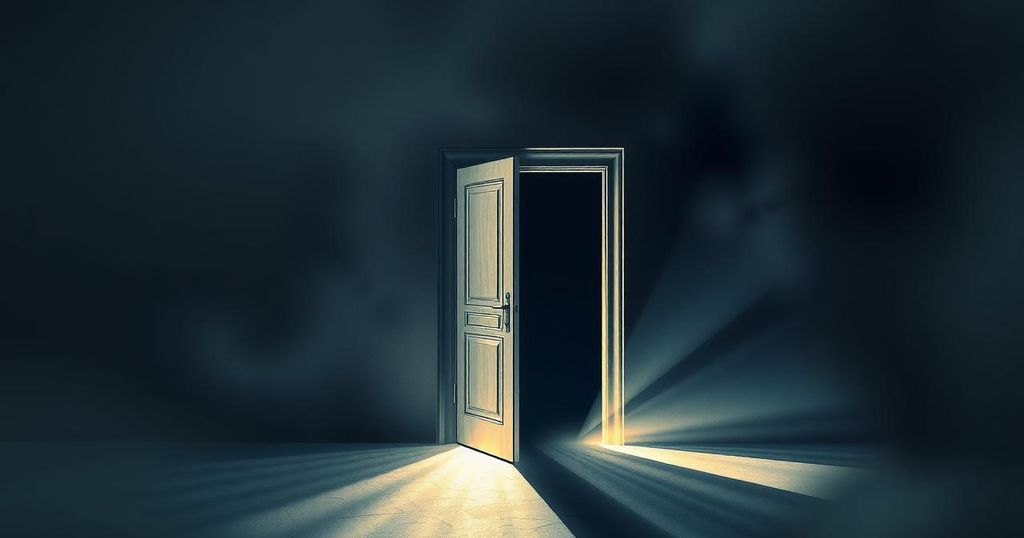Eritrea’s Independence: A 30-Year Struggle for Freedom and Disillusionment

Eritrea marks 30 years of independence from Ethiopia, with former fighters, including Samuel Ghebhrehiwet, expressing disillusionment over ongoing repression. The struggle for independence was marked by tremendous sacrifices, yet hopes for freedom were dashed as Eritrea fell into a dictatorship. Despite improving conditions in some areas, many young people continue to leave the country, although hope for a better future remains alive among some citizens.
Eritrea is recently celebrating 30 years of independence from Ethiopia, yet many former fighters, including ex-BBC editor Samuel Ghebhrehiwet, express disappointment over the lack of freedom since that pivotal moment. Ghebhrehiwet recounts the harrowing experiences of war, the camaraderie among fighters, and the hope for a democratic future that never materialized.
During their 30-year struggle for independence, guerilla fighters faced constant peril, growing accustomed to pain and sacrifice. Many endured multiple injuries yet returned to fight. Ghebhrehiwet reflects on how he fought across Eritrea, enduring hardships in challenging terrains, and how 65,000 fighters lost their lives.
Ghebhrehiwet joined the liberation movement at age 16, drawn by stories of Ethiopian oppression and the allure of freedom fighters. After training in military tactics and political education, he participated in the pivotal liberation of Massawa in 1990, witnessing fierce battles that left him injured but undeterred.
Following independence in May 1991, celebratory scenes erupted as Eritreans welcomed returning fighters, yet underlying anxieties remained. Families frantically sought news of loved ones, reflecting on both the joy of victory and the sorrow of losses suffered.
However, hopes for a new Eritrea were soon dashed as ex-fighters encountered disillusionment. Commanders declared the country destitute despite their sacrifices, forcing veterans to continue working without pay while leaders partied and ignored the needs of the common fighters.
Protests emerged in 1993 as veterans demanded attention from their leaders, only to face repression. The leaders of the protest, along with reform advocates, were arrested, signaling a shift toward dictatorship. Eritrea has not conducted elections, remains a one-party state, and enforced oppressive laws on freedom of expression.
Furthermore, countless young Eritreans have fled the country seeking better opportunities amid economic hardship and military conscription. Despite the grim outlook, the spirit of hope persists among some veterans and citizens, who believe change remains possible for Eritrea’s future.
Eritrea’s 30 years of independence from Ethiopia has been characterized by disillusionment rather than liberation. Former freedom fighters like Samuel Ghebhrehiwet recount their arduous journey towards independence, only to face oppression under a one-party regime. The hope for democracy remains unfulfilled as citizens and ex-fighters alike experience widespread hardship. Nevertheless, a sense of hope endures that one day, Eritrea will honor the sacrifices made by its martyrs, embracing true freedom and democracy.
Original Source: www.bbc.com







